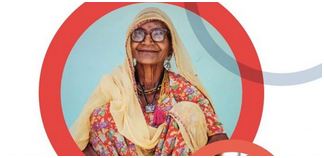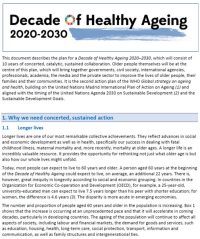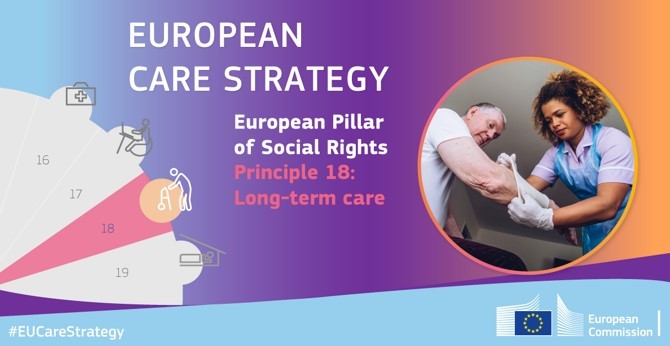Women & Dementia: A Global Challenge
Извор: WUNRN – 02.03.2018

Global Alzheimer’s & Dementia Action Alliance
Direct Link to Full 32-Page 2017 Publication
Our Women & Dementia: A Global Challenge report, collates published research on the issue and highlights that the prevalence, care burden and stigma of dementia disproportionately affects women, making it a global women’s health, social care and rights challenge that can no longer be ignored.
This report analyses existing national policy responses to the gendered challenges of dementia and outlines the international frameworks that can guide national dementia plans and initiatives to providing gender-appropriate responses.
Media release: Women carry weight of global dementia crisis
Key findings
§ Dementia is listed by the World Health Organisation in the top ten causes of death for women worldwide and is now the biggest cause of death for women in the UK.
§ Throughout the world, women experience higher dementia prevalence rates than men and face gender-specific barriers to living well with the condition.
§ Women provide the vast majority of both unpaid and formal care to people living with dementia, with around two thirds of primary caregivers around the globe being women, rising to more than 70% in lower and middle income countries.
§ The stigma surrounding dementia exists universally and extreme forms of discrimination can lead to the abuse of women. Older women affected by conditions such as dementia are exposed to what has been termed a ‘triple jeopardy’discriminated against as a result of their age, sex and condition.
§ A recent UK study identified that women living with dementia are more likely than men to be prescribed psychotropic medication that can negatively affect their physical health.
§ In the US, 20% of female care partners have gone from working full-time to part-time, compared with only 3% of working male caregivers. 19% of working women care partners had to leave work to provide dementia care in the US.
§ Yet of the 29 countries in the world with a national plan to tackle the disease, only 12 offer gender-sensitive responses. There is also no systematic data collection to disaggregate the prevalence, diagnosis rates or impact of dementia on women.
Recommendations
Civil Society Organisations:
§ International civil society involved in women’s health and equality work should incorporate the disproportionate impact that dementia and associated caring role has on women into policy and programming.
§ A broad-spectrum of iNGOs should support efforts to raise awareness of dementia as a global health priority and tackle stigma associated with the condition which can especially affect women.
§ Gender-focused iNGOs should engage with civil society groups working on dementia to ensure that dementia’s disproportionate effect on women is recognised and responded to throughout their policy and programming.
§ Dementia-focused civil society must ensure gender-perspectives are researched, discussed and acted on at every level of their influencing.
International, Regional and National Policy-makers:
§ A gender-perspective should be included in all dementia policies and plans, with sufficient resource allocation to ensure their implementation.
§ Women, including those living with dementia, should be fairly represented at all stages of developing health and social care policies related to dementia.
§ Women, whether living with dementia or as unpaid care partners, should have access to post-diagnostic support and benefit from social security programmes, especially in rural areas.
§ Special attention needs to be given to supporting women with dementia that live alone.
§ The WHO secretariat should monitor the impact on women of the Global Plan of Action on the Public Health Response to Dementia’s implementation.
§ Countries, regional bodies and international bodies should collaborate to share best practice and develop comprehensive gender-responses to dementia.



